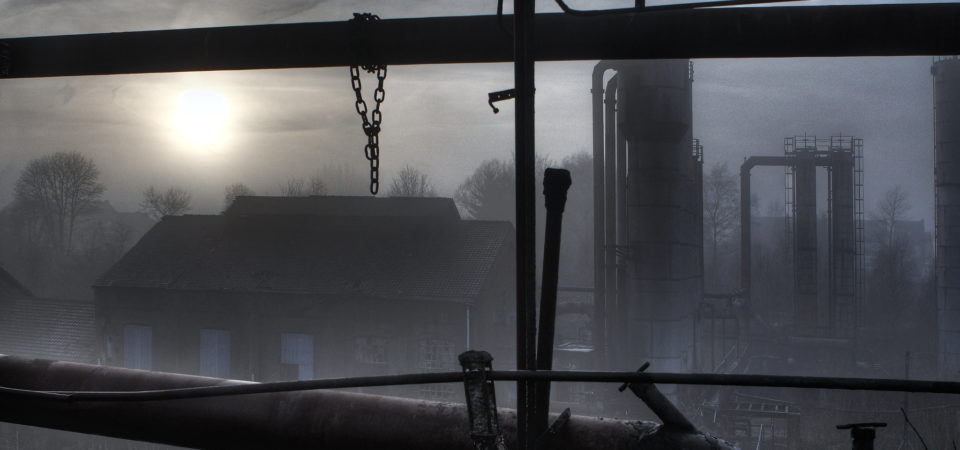Item Link: Access the Resource
File: Download
Publication Info: Centre for the Study of Existential Risk
Date of Publication: February 14
Year of Publication: 2023
Publication City: Cambridge, UK
Publisher: University of Cambridge
Author(s): Paul Ingram
- Survey study of awareness in UK and US populations also shows that brief exposure to latest data on ‘nuclear winter’ deepens doubts over nuclear retaliation.
- With risk of nuclear war now at its highest in decades, populations once again need to be educated on long-term climate effects of nuclear war.
In an opinion poll released by Paul Ingram, CSER Senior Research Associate, it was found that despite risks of a nuclear exchange being at their highest for 40 years, there is a lack of awareness among UK and US populations of “nuclear winter”, the potential for catastrophic long-term environmental consequences from any exchange of nuclear warheads. This sees detonations from nuclear exchanges throw vast amounts of debris into the stratosphere, which ultimately blocks out much of the sun for up to a decade, causing global drops in temperature, mass crop failure and widespread famine. Combined with radiation fall-out, these knock-on effects would see millions more perish in the wake of a nuclear war – even if they are far outside of any blast zone.
Read the full article here and/or download the full survey from the link above.
The views and opinions expressed through the MAHB Website are those of the contributing authors and do not necessarily reflect an official position of the MAHB. The MAHB aims to share a range of perspectives and welcomes the discussions that they prompt.
